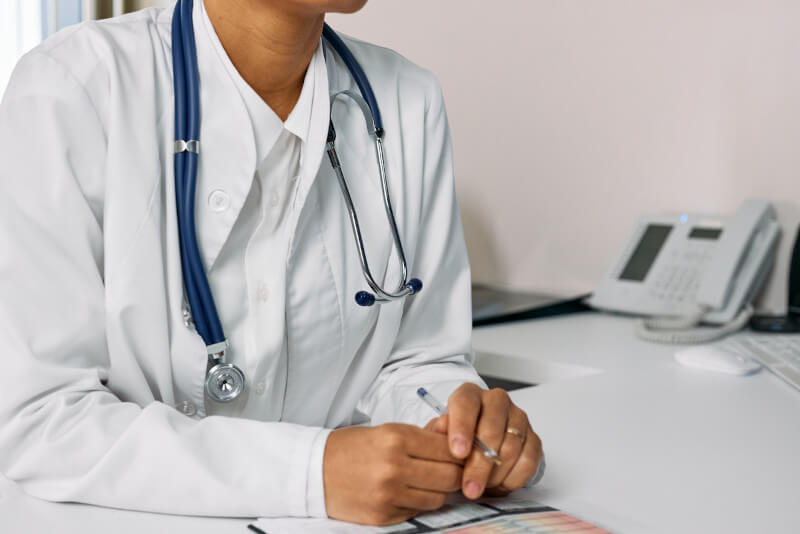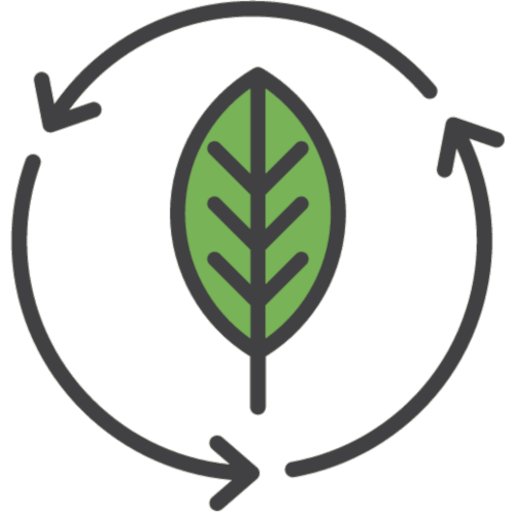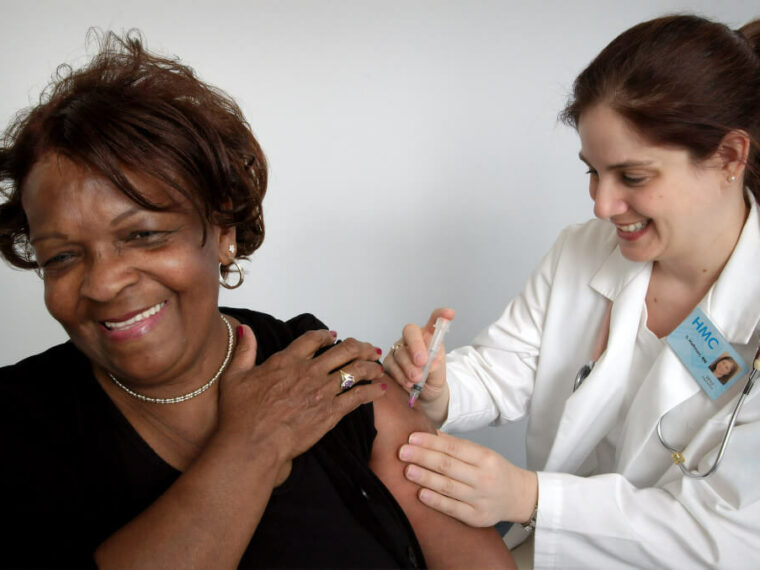Even though women’s healthcare is generally available in South Africa, the services provided by private companies are of a higher quality than those provided by public institutions. Because of this, gaining access to it may come at a high cost. Because of this, a significant number of women who live in other countries buy private insurance policies to pay for their visits to the gynecologist and the costs associated with giving birth. In addition, access to public healthcare services is restricted outside of major cities, which often results in lengthy wait times and fewer available treatment options.
Investigate the Most Competitive Offers for Health Insurance
Even so, if you have the financial means or are covered by health insurance, you should be able to gain access to high-quality women’s healthcare services in the country’s private clinics. These services include routine screenings (breast exams and pap smears) as well as maternity care. Even though feminine hygiene products, condoms, and other forms of contraception are readily available in stores like supermarkets and pharmacies, not everyone has the financial means to purchase these items.
The Process of Gaining Access to Healthcare Services for Women

Medical care is accessible to all people living in South Africa thanks to the country’s two-tiered healthcare system, which includes both the public and private sectors. This is also true for services about the healthcare of female patients.
If you find yourself in need of a gynecologist, you should make it a priority to visit a specialist who is accepted by your health insurance plan. In most cases, you will also require a referral from your primary care physician. However, if you can pay for the procedure on your own, you are free to make an appointment with the gynecologist of your choice and pay them directly.
South Africa Offers Insurance Coverage for Women’s Healthcare Costs
Even though the public health system in South Africa provides options for women’s healthcare, a significant number of women find that they must rely on private healthcare. This is typically the case as a result of the higher-quality services and more expedient treatment times provided by South Africa’s private healthcare sector.
The majority of the time, your private health insurance will pay for a certain number of visits to the gynecologist as well as routine screenings like pap smears. Treatments for ovarian cysts, fibroids, and endometriosis, as well as surgical procedures such as hysterectomies, are all covered under top-tier insurance plans. If you have had your insurance policy for a while, you may be eligible for maternity benefits, which cover prenatal and postnatal care as well as pregnancy expenses.
You will be responsible for some portion of your medical expenses whether you use public or private healthcare. You are still required to make a co-payment even though the public sector may provide you with significant coverage options. If you do not have insurance, you will be responsible for paying the entire cost yourself when dealing with a private company. If the expense is covered, the only cost you will be responsible for paying is the portion that is not covered by your insurance policy. You can get in touch with any of the following reputable health insurance providers in South Africa to discuss a plan that is tailored specifically to your requirements:
Gynecologists Affiliated With Allianz Cigna Global and Globality Health
Gynecologists can provide services that can assist women with reproductive health concerns, period problems, and sexual well-being. Some may offer general care, while others may concentrate on treating fertility issues specifically. You can get access to healthcare for women in hospitals, public medical centers, private clinics, and even in the offices of individual doctors.
If you want to see a gynecologist through the public health system, you will typically need a referral from your primary care physician first. However, appointments for follow-up care ought to be scheduled through their office directly. Those who go to private clinics can schedule appointments on their own. If you have private health insurance, you might be required to visit a doctor who is part of a network or to get a referral from your primary care physician.
Contraception Options Available to Women in South Africa
Access to a wide variety of contraceptive methods is made relatively simple in South Africa’s healthcare system for women. A study that was conducted in 2017 found that even though there is still a lack of information about contraceptives, 89.9% of women were aware of oral contraception, and 41.8% of women used methods that did not involve a barrier. Some methods, such as emergency contraception (also known as the “morning after pill”), are available without a prescription at any pharmacy in the United States. However, some, like the pill, need a prescription from a medical professional. Women also have access to additional methods of birth control, such as intrauterine devices (IUDs) and contraceptive patches, which can be obtained from their medical practitioners.
Services for Expecting Mothers

Although South Africa, like the majority of other countries, offers a comprehensive selection of maternity care services, you might be required to pay for some of them out of your pocket. Maternity care in this country can be either publicly or privately provided, just like other medical services. However, the costs associated with private maternity care can be quite high. In either case, you can expect to receive care from a single specialist throughout the entirety of your pregnancy as well as the postpartum period.
During your pregnancy, you will go in for scans and ultrasounds regularly, typically beginning after the eighth week. During their pregnancies, women in South Africa will also receive a tetanus toxoid (TT) vaccine. Additionally, it is important to point out that the nation has a relatively high rate of cesarean sections (C-sections). Pregnancies and deliveries are covered, at least partially, by some types of health insurance. Because other full-service policies will also cover the full range of maternity care services, it is essential to determine what maternity care services you require before choosing a policy. In addition, it is possible to gain access to a variety of services, such as prenatal classes and professionals who can assist with breastfeeding.
Breastfeeding
Breastfeeding is not nearly as common as it should be in South Africa, despite the efforts that have been made to normalize the practice. In 2013, only 11.2% of babies were exclusively breastfed in their first month; in 2016, that figure increased to 44%. One example is that in 2013, only 11.2% of babies were exclusively breastfed in their first month.
According to the findings of one study, this is primarily caused by the stress, difficult home environments, and poverty that many mothers are forced to endure, in addition to a lack of knowledge and support from their communities. Another study found that a fear of HIV mother-to-child transmission (MTCT) was linked to not continuing exclusive breastfeeding (EBF) beyond three months. This was the case even though the World Health Organization (WHO) has encouraged HIV-positive mothers to engage in safe breastfeeding practices since 2006. But in places where these problems are less widespread, breastfeeding is a significantly more common practice.
Treatments for Infertility
Because fertility treatments are gaining popularity and are becoming easier to obtain in countries all over the world, women’s healthcare in South Africa is increasing including these options. There are a great number of clinics across the country that provide a comprehensive selection of fertility treatments; however, these services are typically provided by private clinics and are not covered by insurance. Despite this, there are options available for treatment, including in vitro fertilization (IVF), egg freezing, donor eggs, and artificial insemination.
Naturally, the costs associated with these treatments are quite high, just as they are in the vast majority of other nations. Egg freezing, on the other hand, can cost anywhere between R40,000 and R50,000 for both the initial cycle and the retrieval, whereas in vitro fertilization can cost anywhere between R56,000 and R66,000 per cycle.
Abortion and Its Practice in South Africa

Because of the passage of the Choice in Termination of Pregnancy Act in 1996, women in South Africa are now legally able to terminate pregnancies if they so choose. This was a significant shift for women’s healthcare in the country, as it allowed women to access abortion for any reason up to the 13th week of pregnancy. This allowed women to access abortion for any reason up to the 13th week of pregnancy. In addition, the procedure is available to any woman, regardless of her age or her circumstances regarding her relationships. Women under the age of 18 are encouraged to discuss the matter with their parents first, while women who are already in committed relationships are urged to discuss the matter with their partners.
In South Africa, women have the right to have an abortion up until the 13th week of pregnancy. Women who require an abortion between 13 and 20 weeks are subject to certain conditions, whereas pregnant women who are more than 20 weeks along in their pregnancy are only allowed to terminate the pregnancy if there is a threat to the woman’s life or if the fetus is not viable. Abortions can be obtained at no cost from the government-run hospitals that provide the service.
Having said that, it is common practice for women who have the financial means to do so and desire to terminate a pregnancy to visit a private clinic. There are many centers geared toward women that provide the service, and some of them even offer virtual consultations. If it is determined that a woman is a good candidate for a medical abortion, she has the option of requesting that the medication needed to end the pregnancy be delivered to her home. Having an abortion in a private facility requires the woman to bear the financial burden of the procedure.
The Transition Through Menopause
When coping with menopause in South Africa, it is recommended that you see your gynecologist as soon as possible. On the other hand, if you make use of public healthcare or private health insurance, you may first be required to consult with your primary care physician to obtain a referral.
At first, your gynecologist will most likely suggest that you try natural treatments for menopause symptoms. This might involve making changes to one’s lifestyle to make it healthier, such as cutting down on stress, engaging in mindful practices, cutting back on drinking and smoking, and increasing physical activity. Alterations to one’s diet, in addition to the prescription of nutritional supplements and vitamins, might also be recommended.
Even though hot flashes are a common side effect of menopause, women are typically only offered treatment for the condition if it significantly impairs their quality of life. In this scenario, you will likely participate in hormone replacement therapy.
Checkups for Cancer Patients
Cancer detection for women in South Africa is provided through several different programs, though not all of them are state-sponsored initiatives. For instance, the Cancer Association of South Africa (CANSA) conducts screenings at its various centers located across the nation.
Cancer of the cervix is the second most common form of the disease found in females in South Africa. As a consequence of this, the nation has established programs for both prevention and screening. For instance, because the human papillomavirus (HPV) vaccine can protect against cervical cancer, the government has been running a program since 2014 that offers the vaccine to teenage girls through their schools. In addition, general practitioners recommend getting a pap smear once every year until the age of 30, and then once every three years after that, to facilitate the timely diagnosis of any potential abnormalities or precancerous cells. At this time, the government of South Africa only offers free tests once every ten years to women who are older than thirty.
There were 14,097 new cases of breast cancer diagnosed in 2019, with 4,697 women ultimately succumbing to the disease. Therefore, it is extremely important for there to be breast cancer prevention and screening programs. For instance, the Canadian Association for Cancer Screening and Research advises that women over the age of 55 should have mammograms every other year rather than annually.
In addition, several non-governmental organizations, such as the Pink Ribbon campaign, are dedicated to bringing attention to breast cancer prevention and providing support for such efforts. The 1+1 Support Program is another one of the educational outreach activities that Pink Ribbon participates in. When a patient comes in for a screening, she has the option of recommending another woman in the community who does not have access to health insurance for a complimentary mammogram at the facility where she is being screened.





